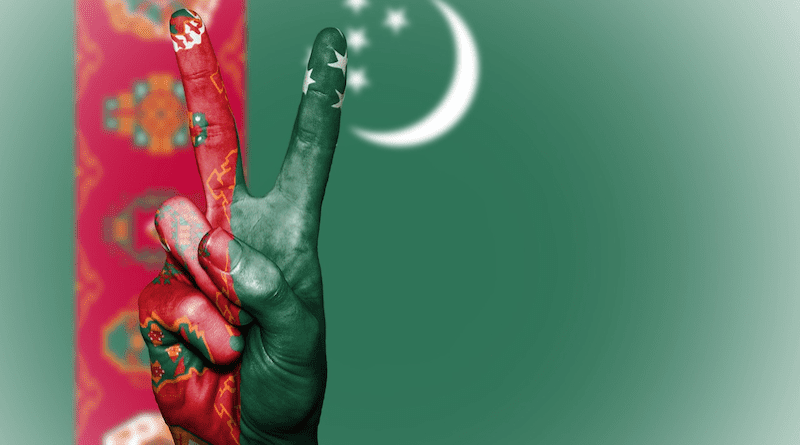Turkmenistan’s Human Rights Record Up For UN Review – OpEd
By IPHR
This week the United Nations Human Rights Committee will review Turkmenistan’s human rights record at its session in Geneva.
The expert body will examine Turkmenistan’s third periodic report about its implementation of International Covenant on Civil and Political Rights (ICCPR) and issue conclusions and recommendations.
As a contribution to the review, Turkmen Initiative for Human Rights (TIHR) and International Partnership for Human Rights (IPHR) have prepared a joint NGO report on key issues and concerns regarding Turkmenistan’s compliance with the ICCPR. The report documents how the authorities of the country severely restrict the fundamental rights and freedoms of citizens, in violation of Turkmenistan’s obligations under the core human rights treaty.
The TIHR-IPHR report covers:
- State control of the media space, and lack of government transparency on issues of public concern such as the national Covid-19 outbreak, which the authorities have persistently denied.
- Increasing internet censorship through arbitrary blocking of a growing number of websites, intensified efforts to prevent the use of internet censorship circumvention tools, and announced government plans plans to create ‘’an autonomous national digital network’’.
- Lack of space for independent human rights NGOs and opposition political parties to operate in the country and ongoing persecution of those who criticise government policies, stand up for their rights, and are in contact with exile-based groups, including through politically motivated arrests, prosecution and imprisonment.
- Pressure on outspoken activists based abroad, in particular in Turkey, both directly and indirectly through their relatives in Turkmenistan.
- Suppression of rare spontaneous gatherings of people expressing discontent on issues of concern to them such as shortages of basic food products sold at affordable prices due to the protracted economic crisis in the country.
- Forcible mobilization of residents for state-organized mass events in a practice, which violates their right to voluntary participation in assemblies and jeopardises their health and well-being.
- Ongoing concerns about harsh prison conditions, widespread torture, and enforced disappearances, which has been systematically used ever since the reported assassination attempt on then President Saparmurat Niyazov in November 2022.
- Continued use of forced labour in the cotton harvest, with public sector employees across the country (most of whom are women) being forced to pick cotton.
- Reinforced efforts to promote so-called traditional values and enforce restrictive requirements regarding women’s and girls’ appearance and conduct, resulting in increasing violations of their rights.
Turkmenistan’s repressive trajectory has continued following the orchestrated transfer of presidential power from President Gurbanguly Berdymukhamedov to his son Serdar Berdymukhamedov in March 2022. After stepping down as president, Gurbanguly Berdymukhamedov has remained a powerful actor, heading the so-called People’s Council, which was recently designated as the country’s highest body of power, and thus continues to heavily influence government policies.
The TIHR-IPHR report is based on information obtained by TIHR through its monitoring of the situation in Turkmenistan with the help of an in-country network of activists, as well as information from other independent organisations, which monitor and report on developments in the country.
In follow-up to the written information which TIHR and IPHR have provided for the Human Rights Committee’s review of Turkmenistan, TIHR’s head Farid Tukhbatullin will participate in briefings that Committee members will hold with NGOs before their inter-active dialogue with Turkmenistani government officials on 1-2 March 2023.

